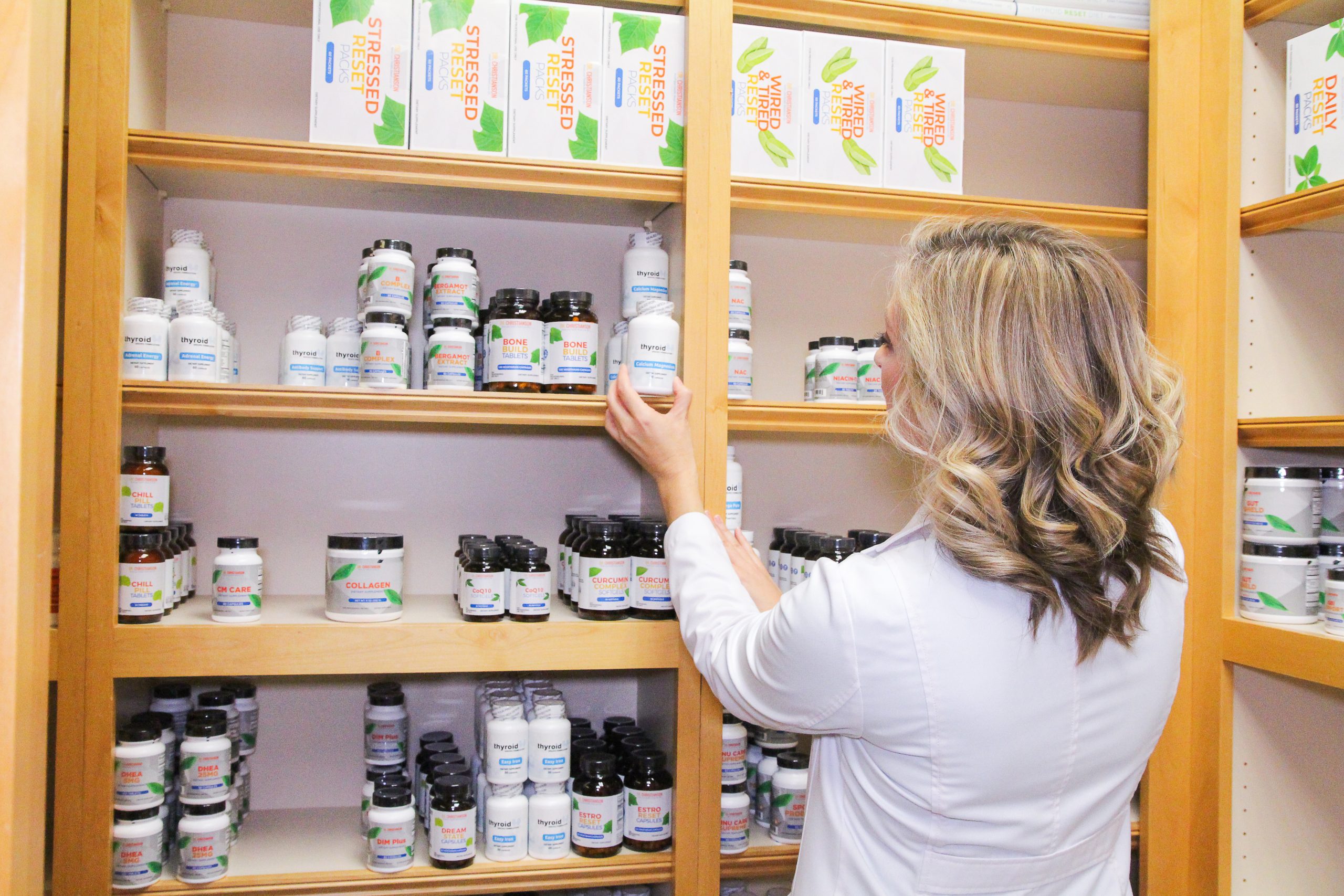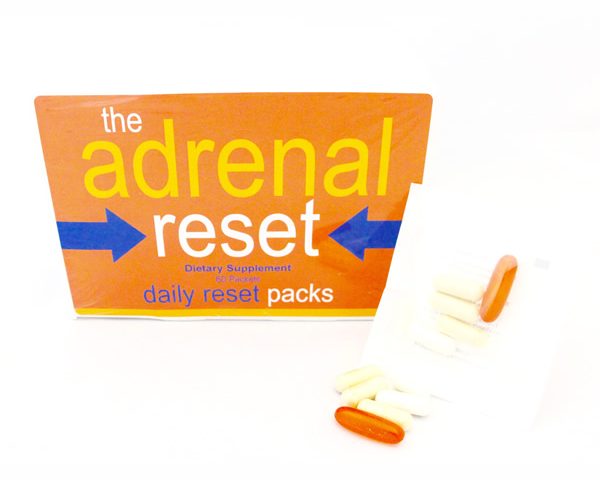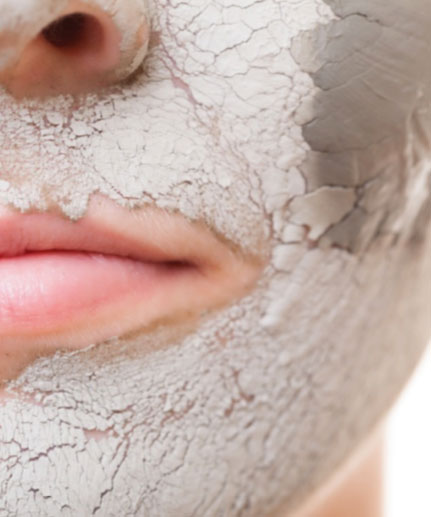1. Mike Stobbe, “Vitamins: How Many Americans Use Them?” The Huffington Post, June 13, 2012, accessed July 23, 2015, https://www.huffingtonpost.com/2011/04/13/vitamin-use_n_848777.html
2. Robert Lenzner, “Dr. David Agus Wants All His Billionaire Patients To Live To Be 100,” Forbes Investing Digest, January 12, 2014, accessed July 23, 2015, https://www.forbes.com/sites/robertlenzner/2014/01/12/dr-david-agus-wants-all-his-billionaire-patients-to-live-to-be-100/
3. Orac, December 19, 2013, “Supplements: Flushing your money down the toilet inexpensive urine,” Science Blogs, accessed July 23, 2015, https://scienceblogs.com/insolence/2013/12/19/supplements-flushing-your-money-down-the-toilet-in-expensive-urine/
4. Regan L Bailey, Tala H Fakhouri, Yikyung Park, Johanna T Dwyer, Paul R Thomas, Jaime J Gahche, Paige E Miller, Kevin W Dodd, Christopher T Sempos and David M Murray, “Multivitamin-Mineral Use Is Associated with Reduced Risk of Cardiovascular Disease Mortality among Women in the United States,” The Journal of Nutrition, accessed July 23, 2015, doi: 10.3945/jn.114.20474
5. Roni Caryn Rabin, May 5, 2014 (3:54 p.m.), “A New Women’s Issue: Statins,” Well Blog, accessed July 23, 2015, https://well.blogs.nytimes.com/2014/05/05/a-new-womens-issue-statins/
6. Prof Paul M Ridker, MD, Aruna Pradhan, MD, Jean G MacFadyen, BA, Prof Peter Libby, MD, Prof Robert J Glynn, ScD, “Cardiovascular benefits and diabetes risks of statin therapy in primary prevention: an analysis from the JUPITER trial,” The Lancet Journal, 380 (9841): 565-71, accessed July 23, 2015, https://dx.doi.org/10.1016/S0140-6736(12)61190-8.
7. S, Wassertheil-Smoler, A.P. McGinn, N. Budrys, R. Chlebowski, G. Y Ho, K.C. Johnson, D.S. Lan, W. Li, M. L. Neuhouser, J. Saquib, J. M. Shikany, Y. Song and C. Thomson, “Multivitamin and mineral use and breast cancer mortality in older women with invasive breast cancer in the women’s health initiative,” U S National Library of Medicine National Institutes of Health, accessed July 23, 2015, https://www.ncbi.nlm.nih.gov/pmc/articles/PMC3902175/











